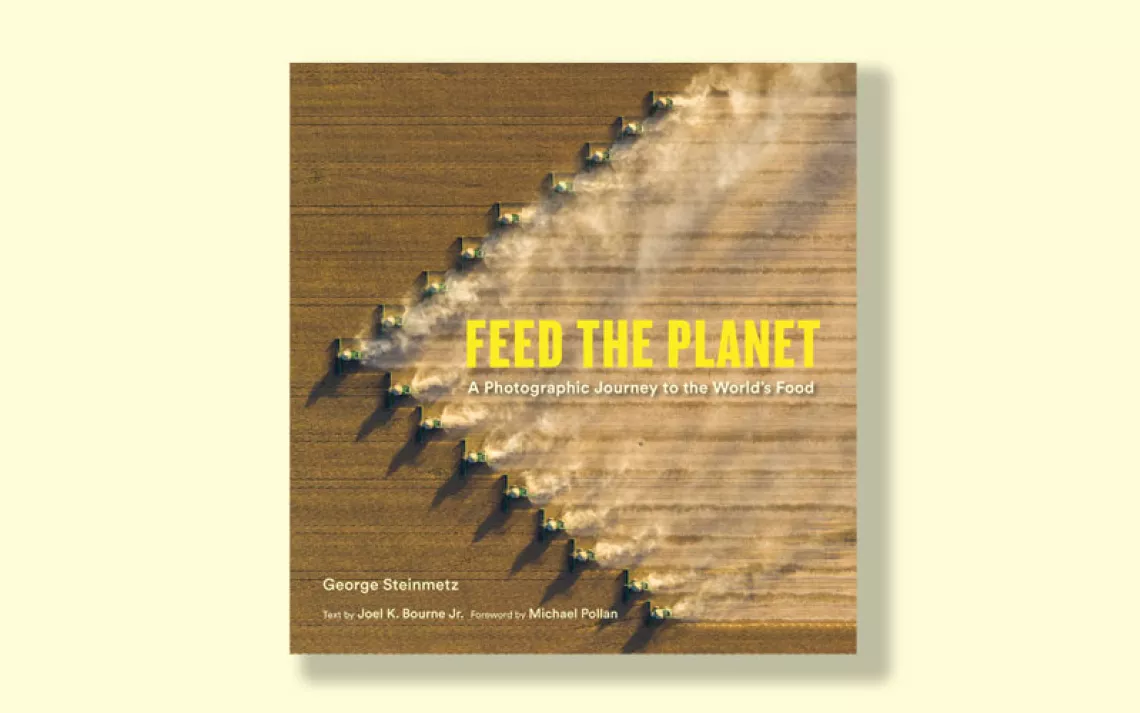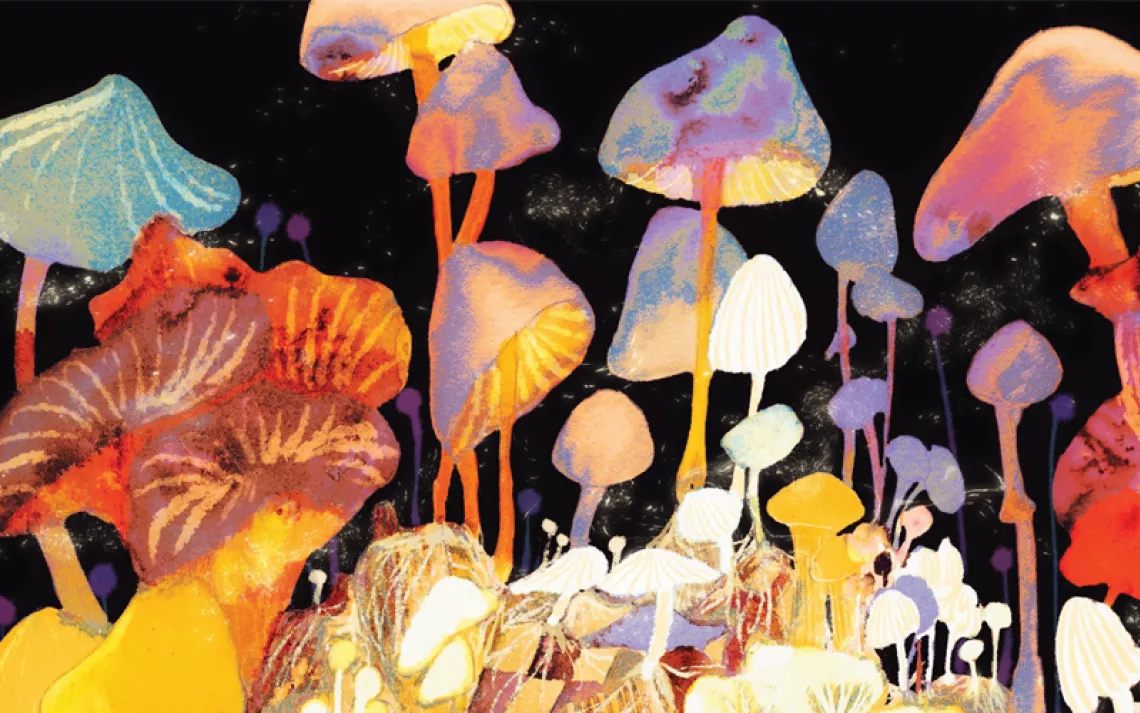A Bird's-Eye View of the More-Than-Human World
Helen Macdonald reflects on breaking free in "Vesper Flights"
 In the title piece of her essay collection, Vesper Flights (Grove Press, 2020), British nature writer Helen Macdonald invites us to consider swifts: those tiny birds that spend almost the entirety of their life on the wing and that sometimes fly as high as 8,000 feet on their migrations. To them, the air is everything, and the solid ground upon which we live is the dome of a ceiling. When a grounded swift takes flight, it "fall[s] back into the sky."
In the title piece of her essay collection, Vesper Flights (Grove Press, 2020), British nature writer Helen Macdonald invites us to consider swifts: those tiny birds that spend almost the entirety of their life on the wing and that sometimes fly as high as 8,000 feet on their migrations. To them, the air is everything, and the solid ground upon which we live is the dome of a ceiling. When a grounded swift takes flight, it "fall[s] back into the sky."
This bracing shift in perspective was a through line in Macdonald's 2015 bestseller, H Is for Hawk, which wove together personal memoir, literary biography, and her relationship with a trained goshawk. The 41 essays in Vesper Flights continue her explorations into the more-than-human world. Whether viewing feral pigs, taking her niece on a walk through a rewilded fen, or tracking deer along the edge of a motorway, Macdonald works hard to break us humans out of our species solipsism. "Falcons are not merely handy symbols for human anxieties," she writes of a birdwatching trip to a decommissioned power plant. "Their greatest magic is that they're not human at all."
The short essay is the perfect métier for a nature writer, in that the literary form follows the function of modern humans' interactions with wild nature: brief encounters, filled with intensity, "times in which the world stutters, turns, and fills with unexpected meaning." And Macdonald hopes they will provide us with something more: the recognition, so desperately needed amid the Sixth Mass Extinction, that the "world is not all about us. It does not belong to us alone."
This article appeared in the November/December 2020 edition with the headline "A Different Point of View."
 The Magazine of The Sierra Club
The Magazine of The Sierra Club



